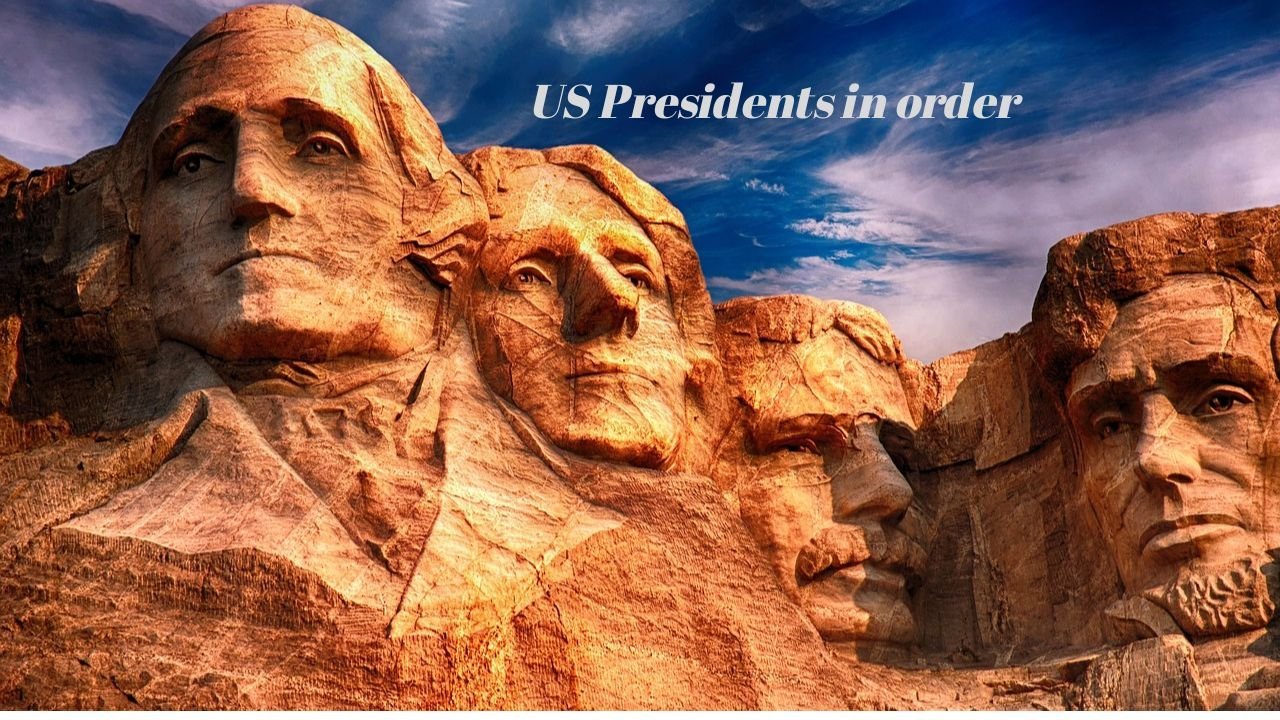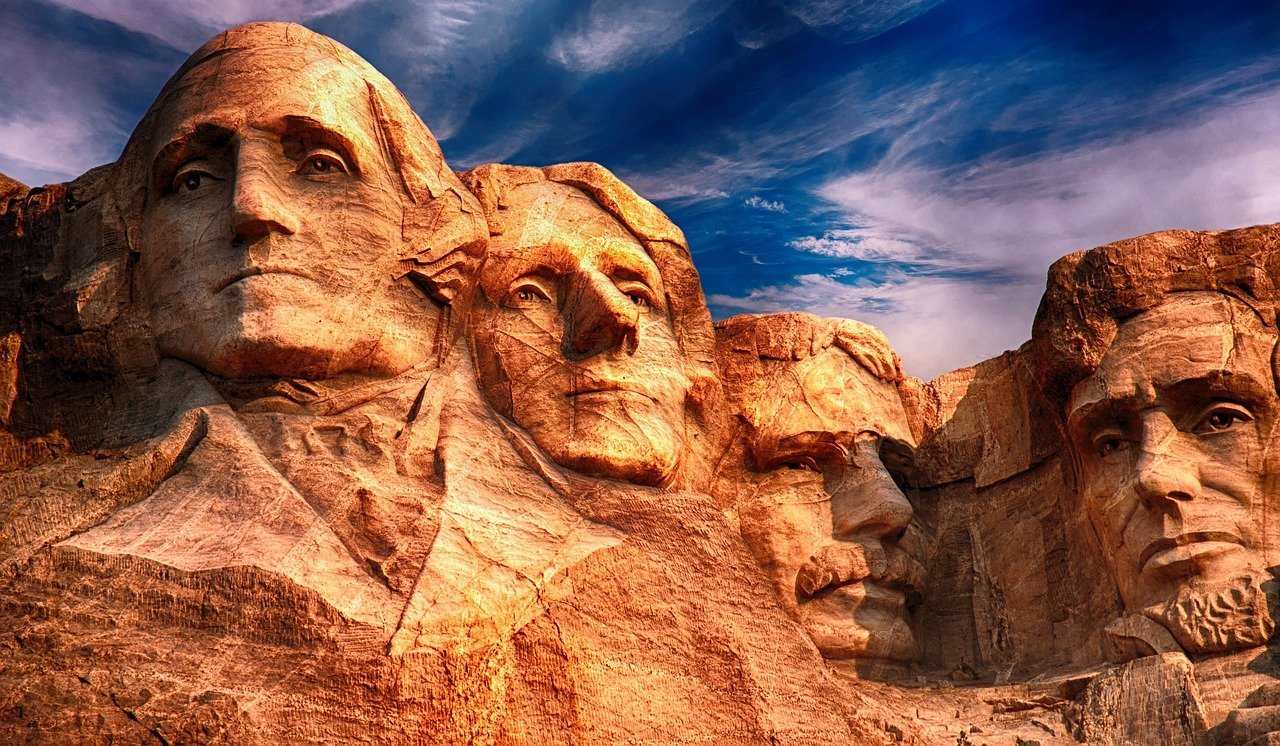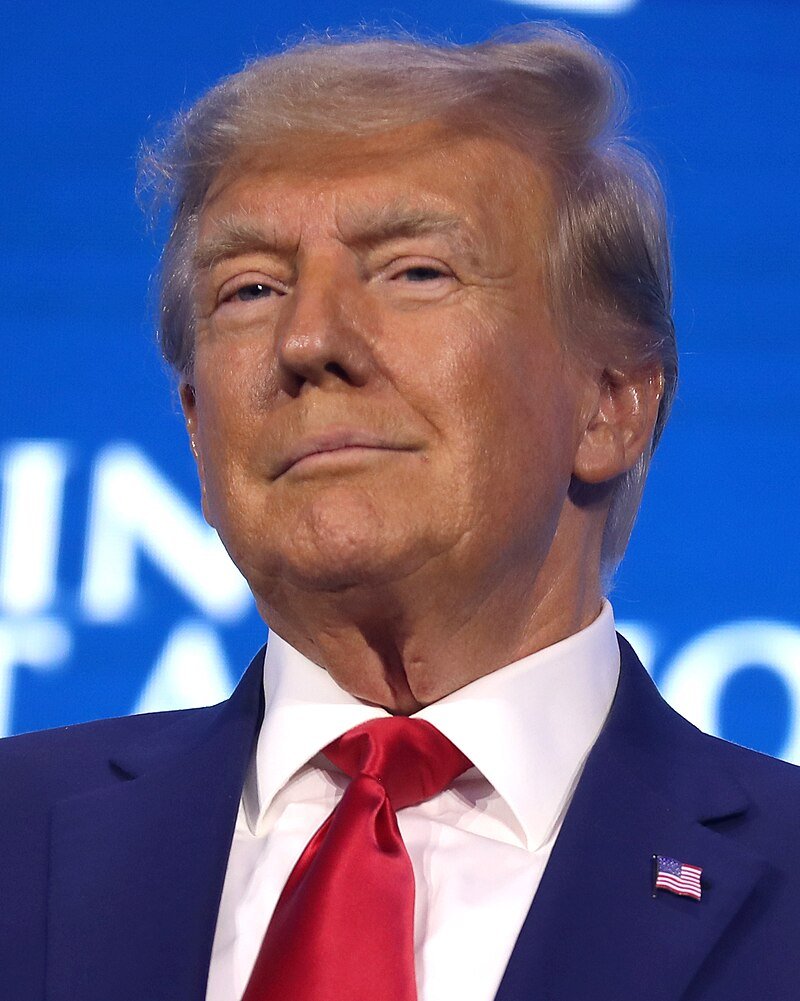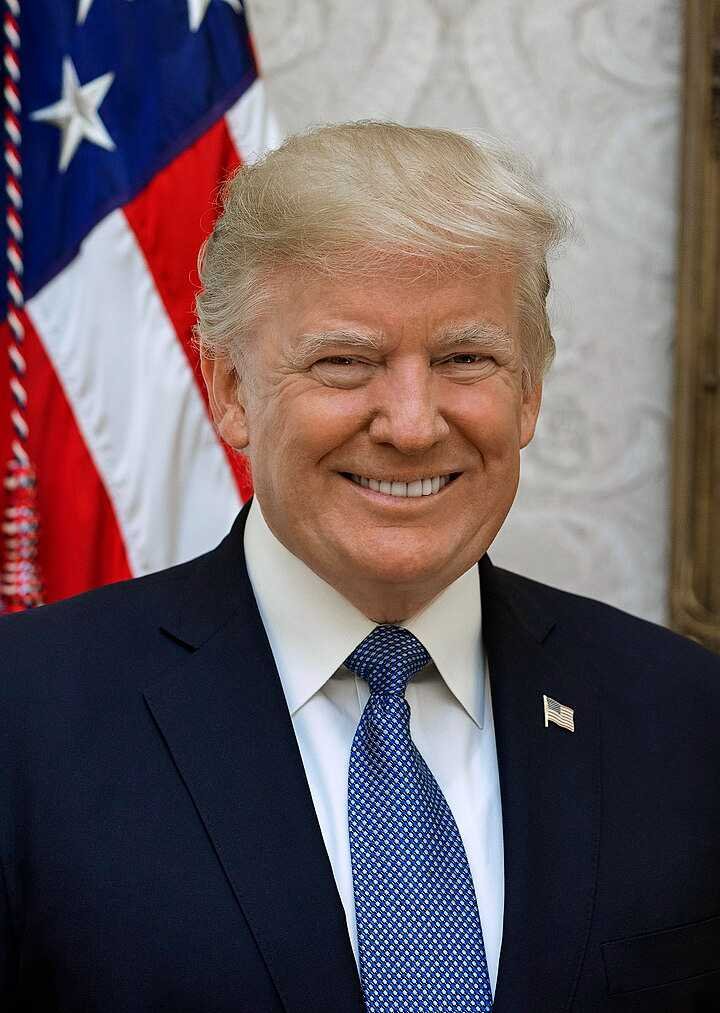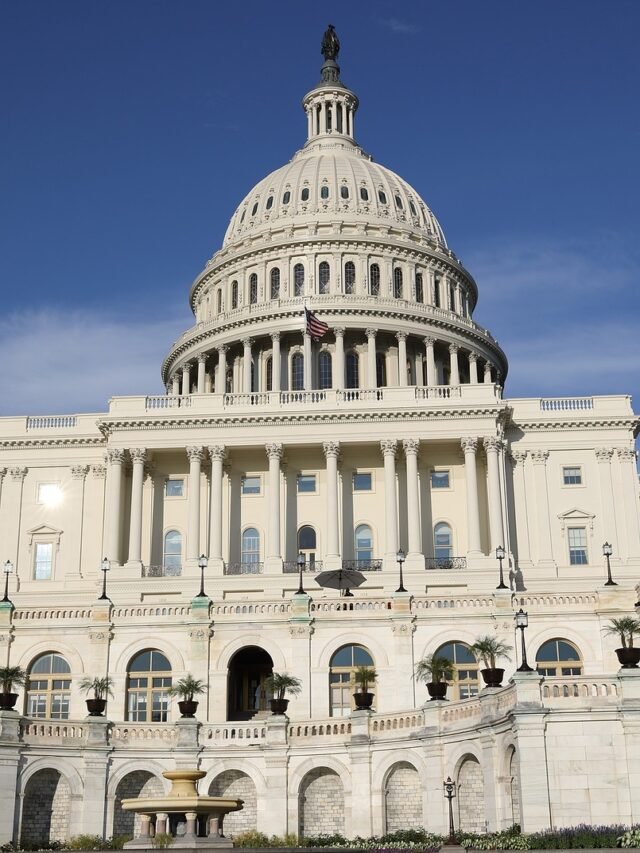Who won the popular vote in 2012 US Presidential election?
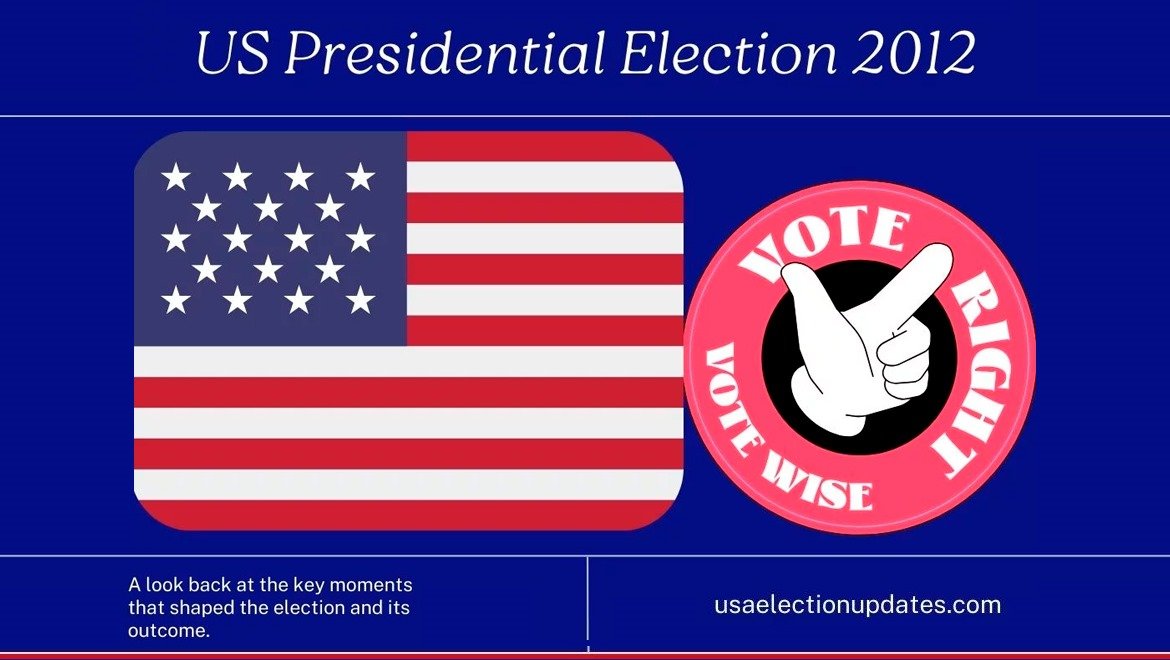
Who won the popular vote in 2012 US Presidential election?
The 2012 US presidential election, in which Republican nominee Mitt Romney faced off against incumbent President Barack Obama, marked a turning point in American politics. The election, which happened on November 6, 2012, was a pivotal moment in the US political system’s continuous evolution.
The contenders: Democratic Party’s Barack Obama
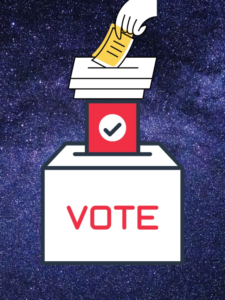
US Presidential Elections
The 44th President of the United States, Barack Obama, ran for reelection a second time. In 2008, he was elected for the first time as the nation’s first African American president. Obama had to deal with a number of issues during his first term in office, such as the recession, the Affordable Care Act (often referred to as Obamacare), and the operation that resulted in Osama bin Laden’s killing.
Mitt Romney (Republican Party): The former Massachusetts governor and businessman became the front-runner for the Republican nomination. Romney’s campaign was centred on economic concerns, with pledges to reduce unemployment and boost the economy by implementing conservative fiscal policies. He focused on fiscal conservatism when he chose Paul Ryan as his running mate.
Campaign Issues: Economic Situation: A recovering but still precarious economy was the backdrop for the 2012 election. Each contender gave a presentation outlining their plans for budgetary restraint, job creation, and economic recovery. Romney advocated for more focus on free-market principles and less government engagement in the economy, criticising Obama’s management of it.
Healthcare: One major source of dispute was the Affordable Care Act, also known as Obamacare. Romney pledged to repeal and replace the legislation, arguing in favour of a more market-driven approach to healthcare, while Obama supported the reforms as a means of expanding access to healthcare.
Foreign Policy: Talks about the war in Afghanistan, the state of affairs in the Middle East, and the general strategy for international relations centred on foreign policy.
The Result: With victories in the electoral college and the popular vote, Barack Obama emerged victorious in the 2012 presidential contest. Mitt Romney received 47.2% of the popular vote, or about 60 million votes, whereas he received 51.1% of the vote, or more than 65 million votes. Obama received 332 electoral votes against Romney’s 206 in the electoral college.
Obama’s win was a result of both the country’s shifting demographics and the success of his ground game strategy, which focused on important battleground states. While the Republicans controlled the majority in the House of Representatives, the Democrats continued to rule the Senate.
President Obama experienced continuous difficulties during his second term, such as discussions about budgetary concerns, immigration reform, and gun control. The 2012 election brought to light the diversity of viewpoints among American voters with its emphasis on economic recovery and opposing future visions.
Ground Game: Barack Obama’s campaign’s substantial ground game was one of the key elements that helped him win. The Obama campaign made significant investments in data-driven tactics, voter outreach, and community organising. Their strategy, which made heavy use of social media and precise microtargeting, was crucial in getting voters out to vote, particularly in important swing states.
Debates: Throughout the campaign, the 2012 presidential debates were pivotal. Obama and Romney engaged in three debates addressing a variety of subjects, including foreign policy, the economy, and domestic politics. Mitt Romney’s dominant performance in the first debate was especially noteworthy because it caused the race’s momentum to change. But in later debates, Obama found his feet again, finally establishing himself as a formidable opponent.
Bain Capital and Personal Attacks: A major theme of the campaign was Romney’s history in business, specifically his time spent at Bain Capital. Romney’s involvement in business tactics that resulted in job outsourcing was attacked by the Obama team, which painted him as disconnected from the problems faced by regular Americans. Romney, on the other hand, attacked the Affordable Care Act and attempted to paint Obama as incompetent in handling economic issues.
Following the Election: Changes in the Demographics
The 2012 election brought attention to changes in American demographics, with minority voter turnout being particularly significant. African American and Hispanic voters’ increasing sway over elections highlighted how crucial it is to target a variety of communities in national politics.
Current Policy Debates: The Affordable Care Act’s implementation was made possible by President Obama’s reelection, which also guaranteed the continuance of his policy efforts. The political climate remained divisive, with continuous discussions forming the national conversation about topics like financial concerns, immigration reform, and gun control.
Legacy of the 2012 Election: The political environment has been influenced by the 2012 election for some time. The successes and setbacks of the Obama administration, as well as the nature of the campaign, influenced the course of later elections and policy discussions. The election also highlighted how American politics are changing in a time of demographic shifts and technology breakthroughs.
With hindsight, the 2012 U.S. presidential election represents a complex chapter in American political history, characterised by deliberative policy debates, calculated campaign dynamics, and the determination of the country’s future course.

William Tailor is a talented blogger well versed in political content, and he’s known for his analysis and appealing comments on the historical and current political scenarios. With a detailed approach and liking for uncovering intricate political landscapes while addressing the contemporary issues. He aims to offer a thought-provoking perspective to the readers and unravel the truth. His consistent and convincing storytelling mixed with factual data makes him a popular choice for readers who want to stay in loop with the dynamic political situations.











